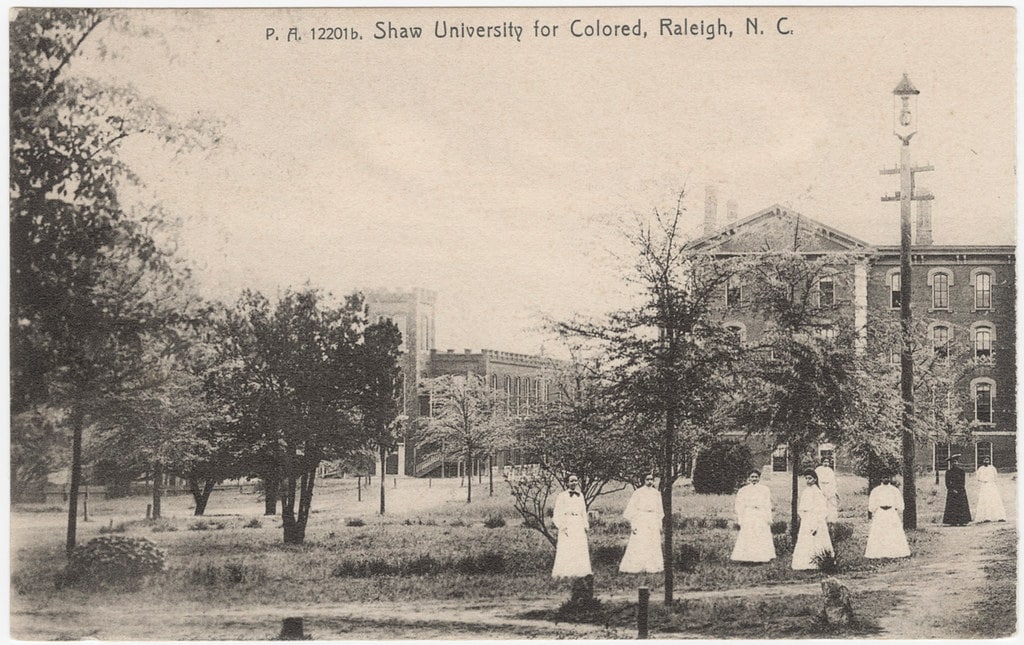Five interesting facts about historically Black colleges and universities
Although born out of segregation and discrimination, the role of and need for HBCUs remain essential to the culture
Historically Black Colleges and Universities (HBCU) provided higher learning opportunities for African Americans in the wake of segregation after the Civil War and during Jim Crow. And while de facto segregation has ended, the role of these storied institutions endure as integral pillars in Black culture, education and history.
Churches started many of the colleges that opened the door to post-secondary education for Black scholars. To this day, those spiritual roots influence many of the traditions. In addition to their origin story, here are five other facts about HBCUs:
You don’t have to be Black to attend
Students of all races attend these schools. The Department of Education reports that 76% of HBCU students are Black while 13% are white, 3% are Hispanic and 1% are Asian.
A historic photo depicts Shaw University for the Colored, Raleigh, N.C. in the first decade of the 20th century.
A specific year is a factor in whether a school is an HBCU
The government defines an HBCU as an accredited university that was “established prior to 1964, whose principal mission was, and is, the education of Black Americans.” This definition speaks to their history of many being founded by churches and filling the void segregation created. Many Black people with PhDs and medical degrees graduated from HBCUs, more than half of African American professionals are graduates of HBCUs.
HBCUs are concentrated in two regions
The majority of HBCUs are on the East coast and in the South. There are more than 100 of them in 20 states and Washington D.C.
Two schools claim to be the first HBCU
Lincoln University and Cheyney University, both in Pennsylvania, boast being the country’s first HBCU.. Cheyney University was founded in 1837 as a trade school, and it did not offer degrees until 1914. Lincoln University asserts although it was chartered in 1854, it is the first HBCU because it was founded as a college.
Some well-known Black celebrities are HBCU grads
Oprah is an alumna of Tennessee State University. Both Spike Lee and Samuel L. Jackson are Morehouse College men. Lee studied communications while Jackson studied marine biology before switching to performing arts at the Atlanta-based school.. Sisters Phylicia Rashad and Debbie Allen, along with Sean “Diddy” Combs attended Howard University.
The post Five interesting facts about historically Black colleges and universities appeared first on TheGrio.

